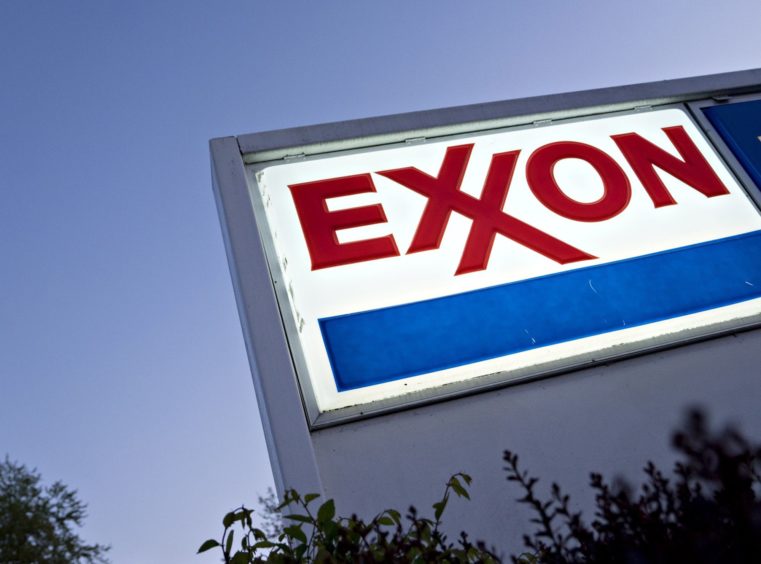
ExxonMobil, Shell, CNOOC, and Guangdong Provincial Development & Reform Commission have signed a memorandum of understanding to evaluate the potential for a world-scale carbon capture and storage (CCS) project to reduce greenhouse gas emissions at the Dayawan Petrochemical Industrial Park in Huizhou, Guangdong Province, China.
The agreement initiates joint study to identify a carbon capture and storage (CCS) project opportunity that could capture up to 10 million metric tons of carbon dioxide (CO2) per year, ExxonMobil said in a statement.
In addition to assessing the commercial opportunity for CCS in one of China’s largest industrial areas, the companies will also evaluate the carbon policy systems in China and propose policies for consideration that would support the deployment of CCS in Dayawan Petrochemical Industrial Park.
Initial assessments of the project indicate the potential to capture up to 10 million metric tons of CO2 per year from Dayawan’s industrial sector, supporting China’s ambition of carbon neutrality by 2060. The project could also serve as a model for the chemical industry as one of the first petrochemical projects to be decarbonized, noted ExxonMobil.
“Collaboration with government and industry is an important part of unlocking future carbon capture and storage opportunities, with the potential for large-scale reductions of emissions from vital sectors of the global economy,” said Dan Ammann, president of ExxonMobil Low Carbon Solutions. “Well-designed government policies will help accelerate the broad deployment of lower-emissions technologies in support of society’s net-zero ambitions.”
“While renewable technologies are important to help reach society’s net-zero objectives, carbon capture and storage is a safe, proven, and consistent technology that can enable some of the highest-emitting sectors such as manufacturing, power generation, refining, petrochemical, steel, and cement industries to reduce their emissions. The prospect of bringing together public and private entities to utilize carbon capture and storage collectively to reduce industrial emissions offers tremendous opportunity,” said ExxonMobil.
ExxonMobil said it is also pursuing strategic investments in biofuels and hydrogen to bring those lower-emissions energy technologies to scale for hard-to-decarbonize sectors of the global economy, by leveraging the skills, knowledge, and scale of the business. The company said it has more than 30 years of experience capturing CO2 and has cumulatively captured more human-made CO2 than any other company. It has an equity share of about one-fifth of the world’s carbon capture and storage capacity at about 9 million metric tons per year.

